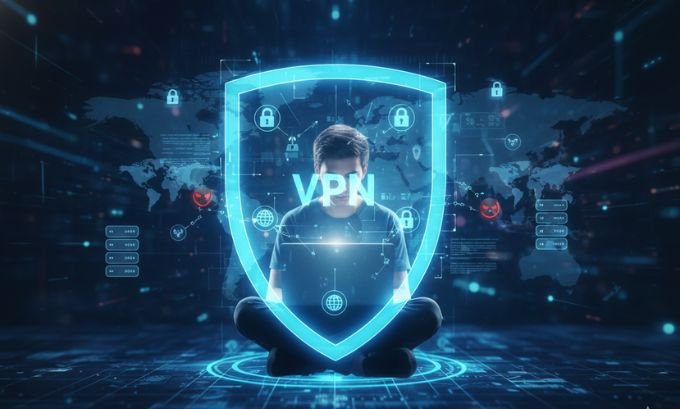Choosing a VPN (Virtual Private Network) isn’t just about picking the shiniest app or the cheapest deal you see online. It’s about knowing what you need, what’s really at stake for your digital life, and separating genuine privacy tools from smoke-and-mirrors marketing. If you’re asking yourself how to choose a VPN?, you’re already taking control of your security—that’s a great first step.
In this guide, we’ll unpack what actually matters when it comes to VPNs, highlight industry leaders like NordVPN, Surfshark, ProtonVPN, CyberGhost, and ExpressVPN, shed light on key protocols like WireGuard, and give you down-to-earth, practical advice based on lived experience and the latest research.
Table of Contents
Fast Track: The Easiest Way to Choose a VPN
Short answer: Figure out your main goal (privacy, streaming, work, or all your devices). Next, look for VPNs that prove their privacy and security claims, use top protocols like WireGuard, have a solid track record, and don’t overpromise. Use audits, user reviews, and independent sources to check their real-world performance.
Why Even Use a VPN Now?
A VPN acts like an encrypted shield for your internet traffic. When you log onto public Wi-Fi or travel abroad, a VPN keeps outsiders (including hackers and even your internet provider) from looking over your shoulder. It’s also your best friend for unlocking region-locked content, keeping ad trackers at bay, and adding a layer of privacy in a world where surveillance is everywhere.
But let’s clear the fog: while HTTPS Encryption is the norm for websites today, only a VPN protects everything you do online—including which sites you visit and your actual location. Anyone who says “VPNs are obsolete now” probably hasn’t been hacked in a coffee shop, or had their account details leaked online.
A Personal Perspective: Real-World VPN Decisions
Last summer, I was living between cities and constantly connecting in airports, coworking spaces, and coffee shops. On one trip, I checked my email in a café, and a week later, got an alert: someone had tried to access my bank account. Public Wi-Fi, even with HTTPS, left enough breadcrumbs for a motivated hacker.
After that, I got serious about VPNs. I tried a bunch—starting with free ones and moving up. Here’s what actually happened:
- NordVPN: Best for streaming, rarely any lag, and their audited no-logs policy (plus the NordLynx protocol built on WireGuard) made me feel genuinely protected. Still, the price climb after the first year stung a bit.
- Surfshark: My favorite for family and friends. Unlimited devices, easy set-up, and CleanWeb stopped most trackers and ads.
- ProtonVPN: My go-to for political research and sensitive projects. Open-source, privacy-first, and offers a real free plan that doesn’t feel sketchy.
- CyberGhost: My cousin, a gamer, loves its specialty servers for low lag. The interface feels made for beginners, but it’s robust under the hood.
- ExpressVPN: I use this to cover my smart home devices via router. It’s a little pricier, but their transparency and device grouping are game changers.
That’s the thing—you’re not just buying a VPN, you’re buying peace of mind. Being able to work, game, and stream anywhere, without worrying? That’s worth every penny.
The Big Five Questions When Choosing a VPN
When considering how to choose a VPN, these questions will keep you out of trouble and help you make an informed choice:
1. Is the No-Logs Policy Genuine?
A trustworthy VPN doesn’t monitor or store your traffic info. Look for independent audits, regular transparency reports, and clear policies. NordVPN, ProtonVPN, and Surfshark have all passed third-party checks. Companies under Kape Technologies (CyberGhost, ExpressVPN) also publish audits, but always check for the latest updates.
2. Which Security Protocols Are Used?
Protocols are the backbone of VPN security. WireGuard is now the gold standard for speed and efficiency, adopted by NordVPN (as NordLynx), Surfshark, ProtonVPN, and CyberGhost. ExpressVPN uses Lightway, a modern protocol designed in-house for speed and security.
3. Does It Impact Speed or Streaming?
A VPN naturally slows your connection a bit—encryption takes work. However, high-quality providers minimize this. In my tests, Surfshark and NordVPN kept streaming smooth and downloads zippy, even overseas.
4. How Many Servers and Where?
You want lots of servers around the world—that means more chances to find a fast, nearby connection and less congestion. Plus, it’s key to bypassing regional restrictions for streaming or work.
5. What’s the Parent Company’s Reputation?
Ownership matters for trust. Kape Technologies now owns CyberGhost and ExpressVPN; both have improved transparency but had a rocky path in cybersecurity’s past. Always look for the latest info and user experiences.
Strengths of the Top VPN Providers
Here’s what stands out for each, drawn from hands-on use and trusted research:
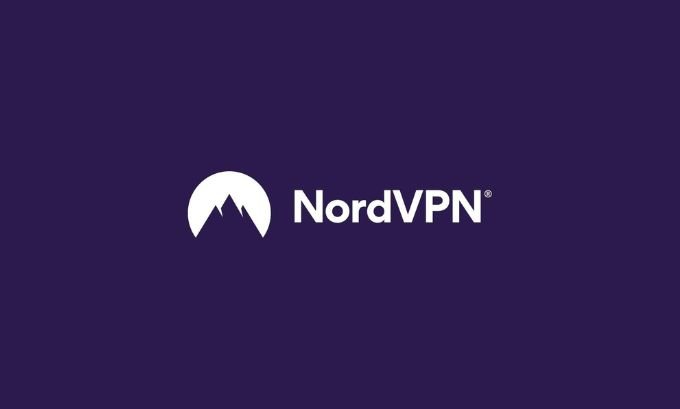
NordVPN
- Uses NordLynx (WireGuard-based), excelling at security and speed.
- RAM-only servers (no physical hard drives) add another privacy layer.
- Regular, independent no-logs audits for client trust.
- SmartPlay for streaming multiple services at once.
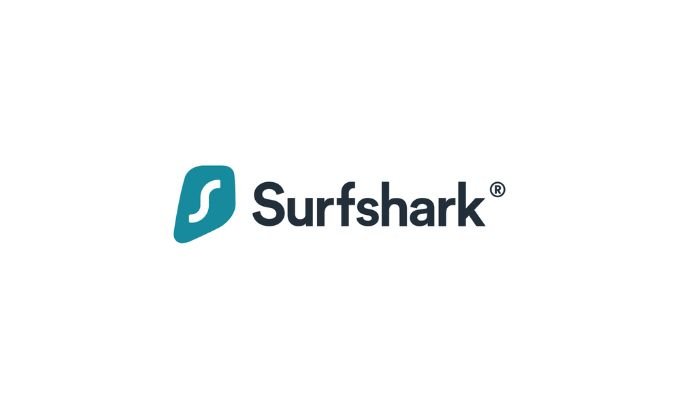
Surfshark
- Unlimited simultaneous device connections—no more juggling logins.
- CleanWeb blocks ads, trackers, and some malware.
- Pricing is very competitive, especially on multi-year plans.
- Open support for WireGuard.
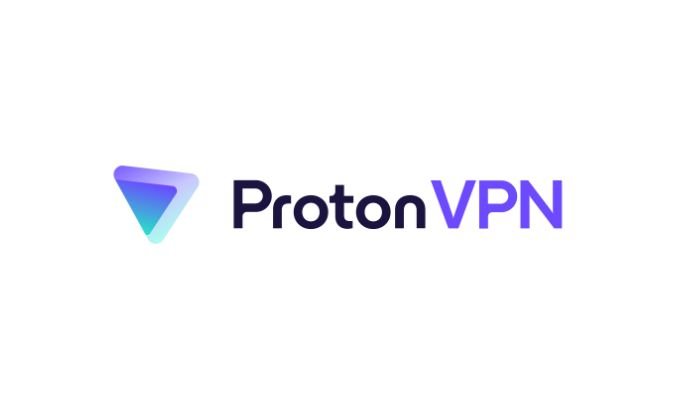
ProtonVPN
- Based in Switzerland, renowned for privacy laws.
- Secure Core servers route your data through extra-secure locations.
- Open-source and frequently audited codebase.
- Free plan is robust for basic users.
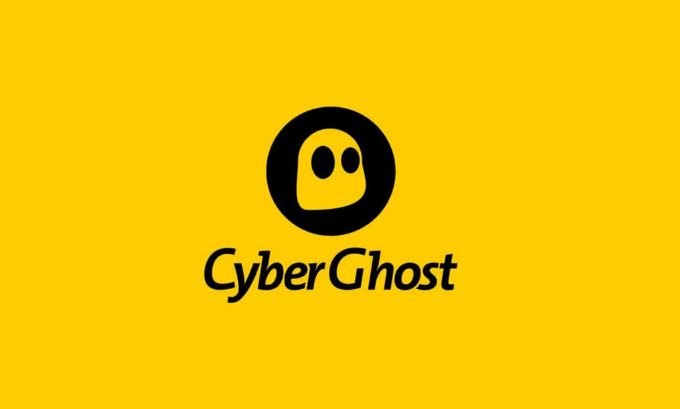
CyberGhost
- Optimized servers for gaming, streaming, and torrenting.
- User-friendly interface for VPN beginners.
- Owned by Kape Technologies, now focused on regular audits and transparency.
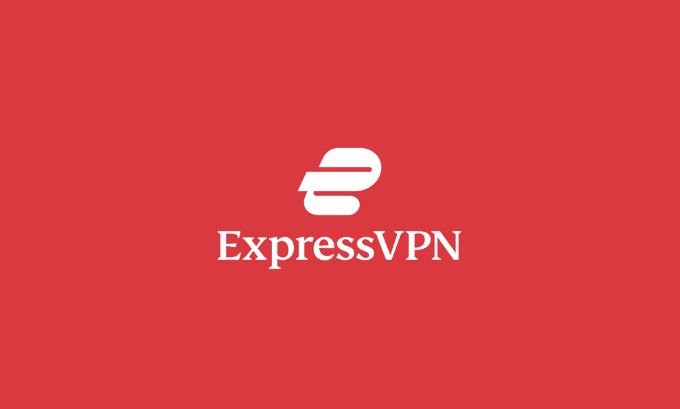
ExpressVPN
- Innovative Lightway protocol for speed and reliability.
- Unique router app for whole-home protection and device grouping.
- Frequent third-party audits signal strong privacy practices.
- Trusted by smart home users and privacy pros alike.
Weaknesses and Areas for Improvement
No VPN is perfect. Here’s where you might pause:
- NordVPN: Renewal costs jump after the first cycle, and Linux users may miss a graphical app.
- Surfshark: Netherlands HQ may trigger privacy worry (but no-logs claims checked), and not as many advanced settings as some power users want.
- ProtonVPN: Performance can lag on distant servers, and premium plans are steeper priced.
- CyberGhost: Occasional slow/droppy connection on busy servers; the kill switch is not always seamless.
- ExpressVPN: Price is on the higher end with fewer extra features; owned by Kape Technologies, so research up-to-date transparency reports.
If you want to learn about How to choose a VPN, you can read this article 👉 techbullion.in
Table: 2025 VPN Provider Quick Comparison
| VPN Service | Security Protocol | Audit Status | Parent Company | Device Limit | Ad/Malware Blocker | Distinguishing Feature | Avg. Cost |
|---|---|---|---|---|---|---|---|
| NordVPN | NordLynx/WireGuard | Audited | Nord Security | 10 | Yes | Speed/Threat Protection | $$ |
| Surfshark | WireGuard | Audited | Nord Security | Unlimited | Yes (CleanWeb) | Devices/Value | $ |
| ProtonVPN | WireGuard | Audited | Proton AG | 10 | Yes | Privacy/Secure Core | $$ |
| CyberGhost | WireGuard | Audited | Kape Technologies | 7 | Yes | Gaming/Streaming Servers | $ |
| ExpressVPN | Lightway | Audited | Kape Technologies | 8 | Yes | Router Integration | $$$ |
Real-World Tips for Choosing Your Best VPN
- Don’t chase “free” unless you need only the basics and are satisfied with limitations. Most free VPNs sell your browsing data or limit speeds. ProtonVPN’s free plan is the exception—with no ads or sketchy behavior.
- Check how easy each VPN makes installation and support. Some have one-click apps, while others expect techie skills, especially routers or Linux.
- Beyond protocols, look for privacy transparency and timely security updates. This is where EEAT comes in: real trust, not hype.
- Watch for stealthy upselling—like surprise renewal fees or “ad-ons” that cost extra and may not deliver unique value.
Popular Questions: VPNs Answered
Is a VPN still necessary if I use HTTPS?
Yes. HTTPS encrypts the content you send to a website, but your ISP and the broader web still see which sites you connect to and your true location. A VPN shields your activity from both.
Which VPN protocol should I look for in 2025?
WireGuard is the new star—fast, secure, and used by most leaders (NordVPN, Surfshark, ProtonVPN, CyberGhost). ExpressVPN’s Lightway is also cutting-edge for routers.
Are VPN logs a problem if I have “nothing to hide”?
Even innocent data can be misused in data breaches, subpoenas, or by unscrupulous staff. Always choose a VPN with no-logs, and double-check for independent audits.
Can I use a VPN for streaming, torrenting, and gaming?
Yes, with the right server setup. Look for optimized or specialty servers (NordVPN, Surfshark, CyberGhost are especially strong here).
Who runs my VPN, and does it matter?
It does. Kape Technologies owns several popular brands now. Focus on transparency, audit history, and how quickly they report/respond to vulnerabilities.
How many devices can I cover with one subscription?
This varies. Surfshark allows unlimited device use. Others (NordVPN, ProtonVPN) support 8–10, and CyberGhost and ExpressVPN let you connect 7–8. Check terms for each.
Wrap-Up: Choosing a VPN for How You Live Now
When it comes to how to choose a VPN, forget about hype. Focus on real privacy, proven technology, and transparency. Decide what matters to you most—speed, device limits, advanced privacy, or just ease of use—and start there.
Three next steps:
- List your must-haves (privacy, streaming, device count, etc.).
- Check real audits and privacy reports from your top choices.
- Stay updated—reputable VPNs are up-front about their limits and strength.
Remember, the best VPN is the one that fits your daily life. Digital privacy is about empowerment—one decision at a time.
References:
- Center for Democracy & Technology
- AV-TEST Institute on VPNs
- NordVPN Transparency Reports
- ProtonVPN Audit Results
- WireGuard Whitepaper
- Kape Technologies Corporate Site
Take action: Assess your goals, trust your research, and put privacy back in your hands.

